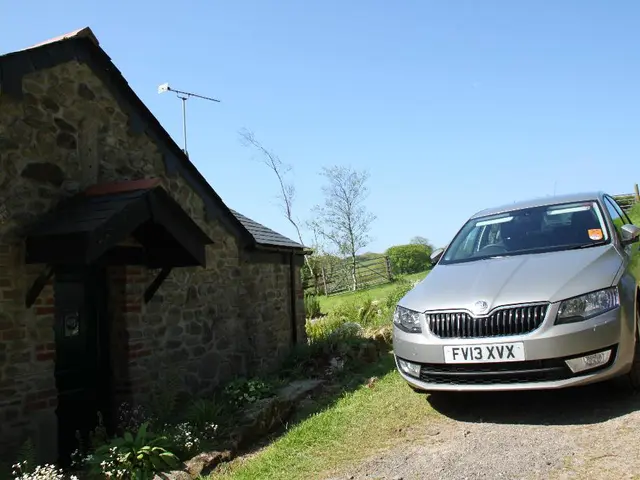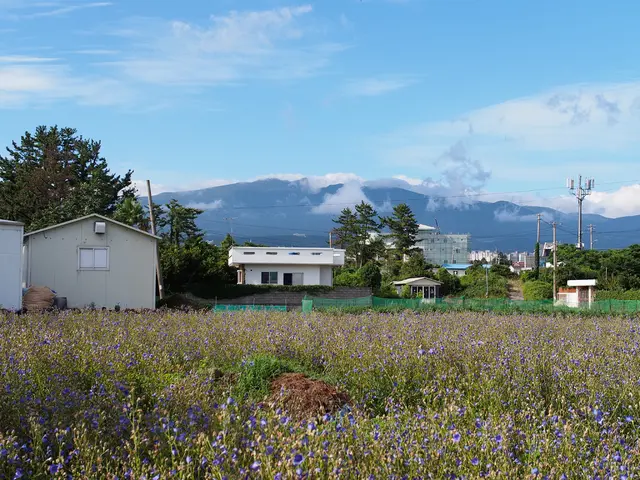Crank Up the Savings: Shift Your Heating to Summer Mode
Energy Efficiency and Financial Gains: Maximizing Summer Heating Efficiency
Want to cut down on energy consumption during the sultry months without freezing? Switching your heating system to summer mode is the solution! This savvy move is recommended by the Verbraucherzentrale Baden-Württemberg.
But why should you care? Well, your heating system consumes energy even when you don't need the warmth of a cozy fire. In summer mode, it changes gears to pump out hot water without heating the rooms—a quick fix for energy conservation. However, some boilers may still kick on during drop-temperature situations, such as chilly nights or inclement summer storms, leading to unintentional energy waste.
Now, turning off your heater completely can leave you with frigid water, especially in central systems. Apart from an unpleasant surprise, stagnant water might breed pesky Legionella bacteria. To avoid this, switch to summer mode only when you have a hot water system equipped with a separate boiler or instantaneous water heater.
When to Shift Gears: Time for Transformation
From the control panel or heating app, you can transition your system to summer mode. Some modern systems do this automatically, but it's wise to double-check. For optimal results, make the switch once the night temps consistently exceed 12-15°C. Doing so can save up to eightpercent of your annual heating costs, according to the Verbraucherzentrale.
Keep 'em Hot: The Role of Thermostatic Valves
When in summer mode, thermostatic valves on your heating bodies should be set to max, not zero. This helps prevent them from freezing and burning out during the winter. In summer, your heating bodies don't need to warm up, so just ensuring the water is piping hot is key.
Renters generally don't have access to control heating. Instead, they must ask the owner or management if the heating has transitioned to summer mode before cranking up the thermostatic valves.
The switch to summer mode might seem straightforward, but your system needs to be compatible. Plus, consider evaluating energy savings, maintaining your boiler, and accommodating cooler evenings. For additional energy-cutting tips, optimize other cooling systems, and keep track of your energy usage for profound savings during warmer months!
- EC countries could consider implementing a collective employment policy that focuses on encouraging the use of energy-efficient heating practices during the summer months, reducing energy consumption across industries.
- Financing options, such as green loans or grants, could be extended to households in EC countries to facilitate the installation of energy-efficient boilers or instantaneous water heaters, aligning with an employment policy aimed at environmental sustainability.








